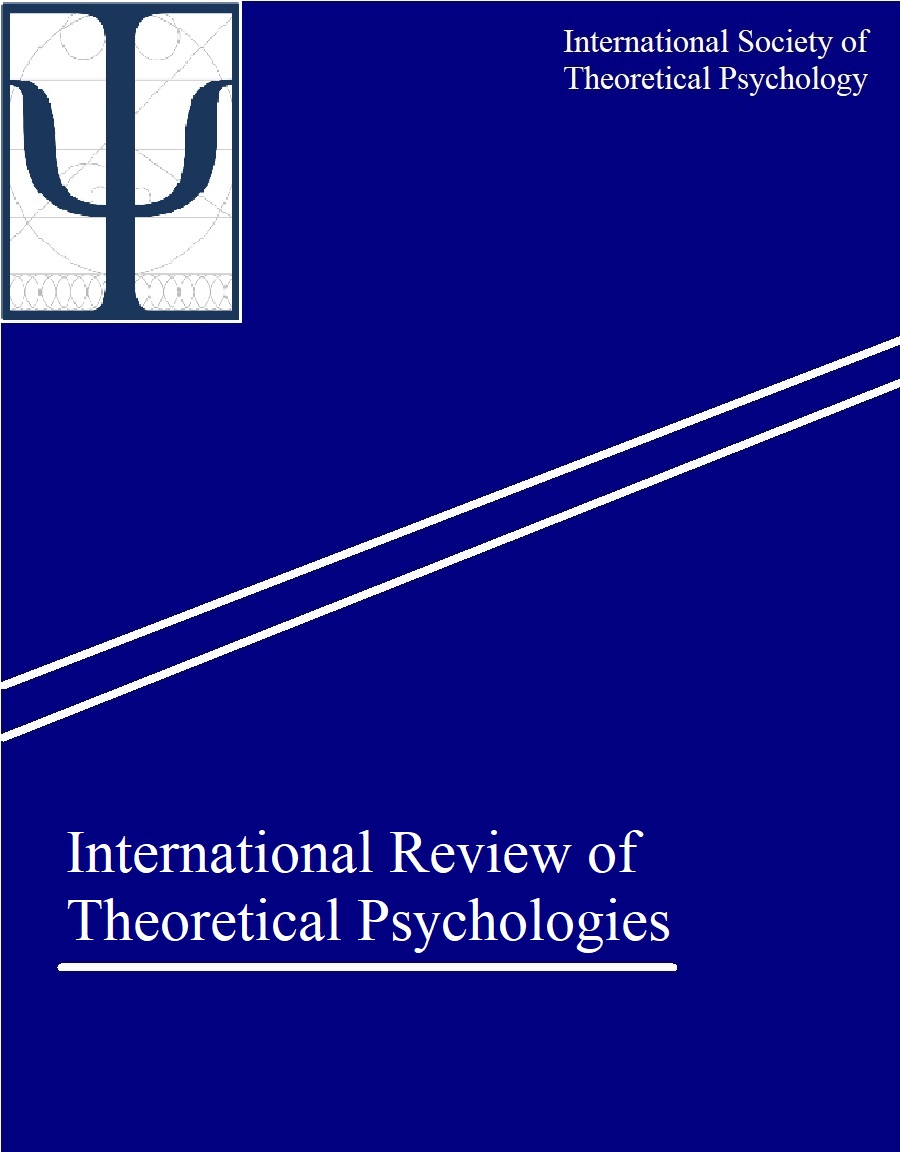Liminal moods and sense-making under conditions of uncertainty
DOI:
https://doi.org/10.7146/irtp.v1i1.127084Keywords:
Mood, affect, liminality, Simondon, sense-makingAbstract
Researchers have begun to recognize the importance of intuition and strategies of affectively grounded sense-making, specifically in the context of late modern societies which are characterized by high degrees of uncertainty, risk and rapidly changing environments. In fact, affectivity has been considered one of the most central features of today´s permanently liminal forms of life. However, the roles of different varieties of affective experience have not yet been fully taken into consideration. Drawing from Gilbert Simondon´s theory of individuation, we here focus on moods specifically and develop a theoretical perspective on how moods functionally contribute to situated sense-making under conditions of uncertainty. We thereby hope to contribute to solving some of the problems psychologists keep having with mood experiences. At the same time, we think that our approach will prove fruitful for studying processes of sense-making in undecided and open (social) environments
Downloads
Published
How to Cite
Issue
Section
License
Copyright (c) 2021 Markus Wrbouscheck, Thomas Slunecko

This work is licensed under a Creative Commons Attribution-NonCommercial-ShareAlike 4.0 International License.
IRTP operates based on a non-exclusive publishing agreement, according to which the journal retains the right of first publication, but authors are free to subsequently publish their work. The copyright of all work rests with the author(s).
All content published in IRTP is licensed under a Creative Commons Attribution-NonCommercial-ShareAlike 4.0 International license (CC BY-NC-SA 4.0). This license allows authors and readers to share and adapt content for non-commercial purposes, provided that they abide by the following terms:
- Give credit to the original author(s)/creator(s) and attribution parties (i.e., IRTP);
- Provide a link to the original source, to the extent practicable;
- Include the copyright notice and/or indicate the corresponding Creative Commons license;
- Indicate what, if any, adaptations were made to the original; and
- Share adapted content under the same license as the original.
Authors are encouraged to familiarize themselves with the various Creative Commons licenses. Readers are advised to consult the licensing information embedded in each published work to ensure that they are familiar with the terms of use that apply.





